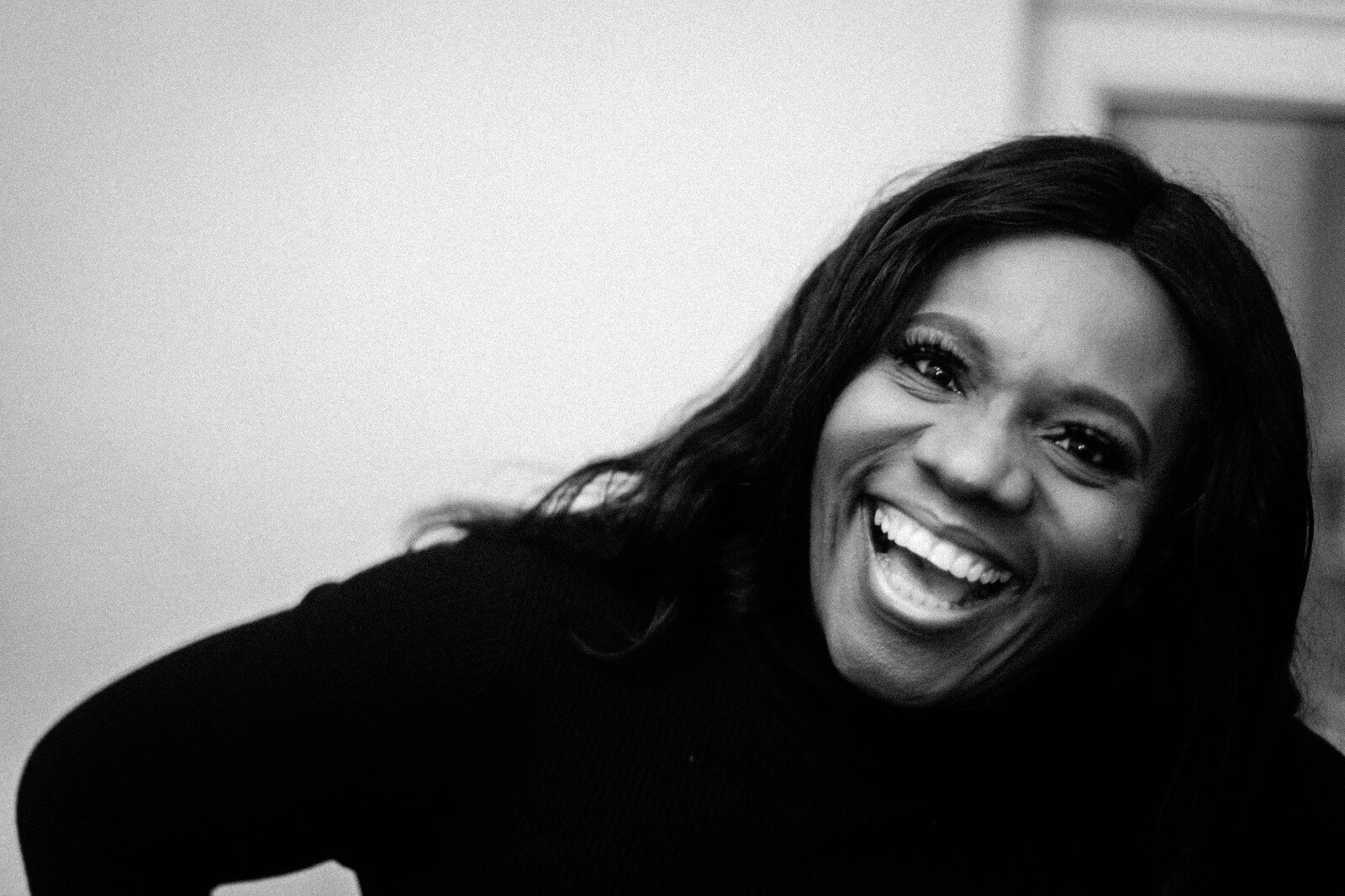Gender equity has a huge impact on business performance––Cranfield School of Management has always made a conscious effort to champion women in business.
The school has run a number of studies over recent years, from looking at gender equity from a board level to the FTSE 100.
“We have published the Female FTSE 100 since 1999, tracing the careers of women executives in the most powerful companies,” says Cranfield’s head of the Changing World of Work Group, and Work and Learning Center, professor Emma Parry.
Holding up a mirror to the business world by championing businesses with successful women at the helm is one of the main ways Cranfield takes part in the worldwide gender equity movement. But what about supporting women in business closer to home?
Cranfield School of Management is pushing for gender equity
The school is actually in the process of developing a European Commission-funded training program with Kemmy Business School that looks to tackle stereotypes and unconscious bias in business, called The Gender Equality in Decision-Making (GEM) project.
Emma goes on to add that the results of studies such as the Female FTSE 100 contributes to how they structure their Masters’ programs in areas such as organizational behavior, corporate responsibility, and leadership.
Cranfield graduate, Shivanshi Sharma, and PhD student, Olukemi Eyeoyibo, are benefitting from Cranfield's gender equity focus.

While Shivanshi’s MSc in Management secured her an internship at The Security Institute, Kemi is working on her PhD, while continuing to grow her coaching business, How2Think. She works with other businesswomen and helps them build their confidence, coaching them towards achieving their career goals.
Building up your career starts with self-belief, Kemi insists. “Leaders are responsible for changing things, yes, but individuals can enforce change in themselves. It’s that age-old adage: the teacher will appear when the student is ready.”
In this case, the adage is literal. Both Shivanshi and Kemi saw the value a Master’s degree will add to their careers. At Cranfield, they were introduced to like-minded women, and were able to flesh out their understanding of what it takes to make a success of your career.
Working in a male-dominated industry
For Shivanshi, coming to the UK as a non-European international student made the process of hunting for work experience trickier. Before enrolling on the Master’s program, Shivanshi had never left her home in Mumbai.
The Cranfield Career Development Service was on hand and helped her secure an internship in the security industry. The Security Institute proceeded to offer her a marketing contract, which she completed last month. Now she’s back in Mumbai, considering her next steps.
She says the network she built in the UK has given her confidence when she thinks about her future. The People Management and Leadership (PML) module was particularly useful when she put together and presented her five-year marketing strategy to The Security Institute CEO during her internship.
“My CEO actually took me to a directors’ meeting, where I got to present my plan to 13 other directors who work across security non-profit organizations––definitely an advantageous networking opportunity.”
Despite working within a more traditionally male-dominated industry, Shivanshi says she never felt at a disadvantage for being a woman.
“It’s sad to see that the number of women in security is still lagging behind,” she admits. “But the women I met throughout my internship are inspirational.
“They worked as spies and translators, even working on cracking terrorist codes for their country. I do think having more women in high-up positions that you can look up to will help motivate more women in junior roles.”
Building an all-female network
Networking is key for any businessperson––whether that’s to build brand awareness for your company like Kemi, or to have those all-important contacts in your diary when searching for new opportunities like Shivanshi.
“No one is an island,” Kemi says. “You need people around you, because they provide different perspectives. But be selective, surrounding yourself with women who are where you want to be, not where you are right now.”
Shivanshi points to her diverse MSc cohort that she worked with over the one-year program, graduating in 2019.
“Two years ago, I hadn’t left India before, and now I feel like I’ve travelled the entire world just by sitting in that MSc Management class,” she says. “I made friends from all over the world, learning about their cultures firsthand. It was fantastic.” Most importantly, a lot of them were women.
Confidence is key
There are a lot of initiatives in businesses and business schools around the world, but there remains a noticeable discrepancy in gender representation. Work still needs to be done. Both Kemi and Shivanshi believe it starts with the individual.
Kemi has centered her whole career around changing how women think and approach business. “I am on a mission to––not dismantle––but field a new narrative and introduce women to their own inner strength.” She particularly wants to push for more representation of black women in c-suite roles.
“Women need to be confident in themselves,” Shivanshi agrees. “Don’t sell yourself short––your work will speak for itself.”
The resources are there, it’s a question of encouraging more women to make use of them, Kemi concludes. Both women have proven that gender is a non-issue if you have confidence in your skill-set and approach to business. They just want to see more women in business adopt the same mentality.
“There are more men than women in business right now because we allow it, not because it’s a given,” Kemi concludes.



